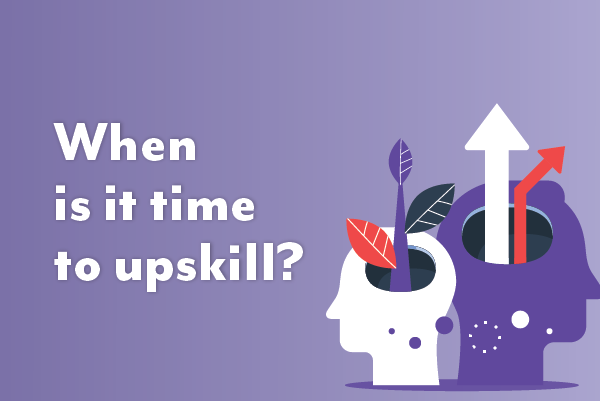How to build an awesome resume
Despite all the changes in the way we find jobs and work that have transpired over the past few decades, the humble resume remains one of the most important means for landing your dream job. It’s no surprise then that an awesome resume is a must.
In many cases, your resume is the first impression you make on a prospective employer – so you had better make it a good one!
Top tips for an awesome resume
Here are our top tips for building an awesome resume that will increase your chances of getting a call.
1. Get the design right
The way your resume looks is just as important as the way it sounds. Invest in good resume design as this will make it stand out against (potentially hundreds) of other applicants. There are plenty of great websites you can use to design a striking resume yourself, such as Canva.
2. Get to the point
Swap long paragraphs for succinct dot points. Don’t delve into jobs you worked in over ten years ago (unless they’re super relevant) and avoid other superfluous information like hobbies and interests. If your resume is longer than two pages, it’s probably too long.
3. Watch out for jargon
There’s a lot of over-used language going around in resumes. Think ‘solutions-focused professional’ – this kind of jargon is unlikely to resonate with readers. Aim to keep it real and use clear and simple language that best describes you.
4. Keep your photo out
Whether they mean to or not, prospective employers will make assumptions about you based on your appearance – especially without the context of meeting you. This may not always work in your favour, so let your resume do the talking without a photograph and save your lovely face for the interview.
5. Have a separate document with references
Prospective employers won’t be interested in contacting your references until they’ve met you, so we recommend keeping them off your resume (and using that space for more important items like education and experience). If you make it to the resume stage and the prospective employer requests your references, give them a separate document with their details.
6. Gather opinions and feedback
A fresh opinion can go a long way to improving your resume. Show your resume to friends or family and ask for their honest feedback – better to test your efforts on them than on your potential new boss!
7. Keep improving
Don’t ‘set and forget’ your resume – even if you score a job, it’s not a bad habit to update your resume every six months. Keeping it fresh and current, means you can move quickly if another job opportunity comes your way and you want to apply for it.
At the Royal College of Healthcare we offer a variety of support services and resources to help you secure the job you really want. We don’t get you qualified and leave you to it. Following our hands-on practical training, we can then guide you through the resume, application and job interview process too. Now that’s career-ready.



